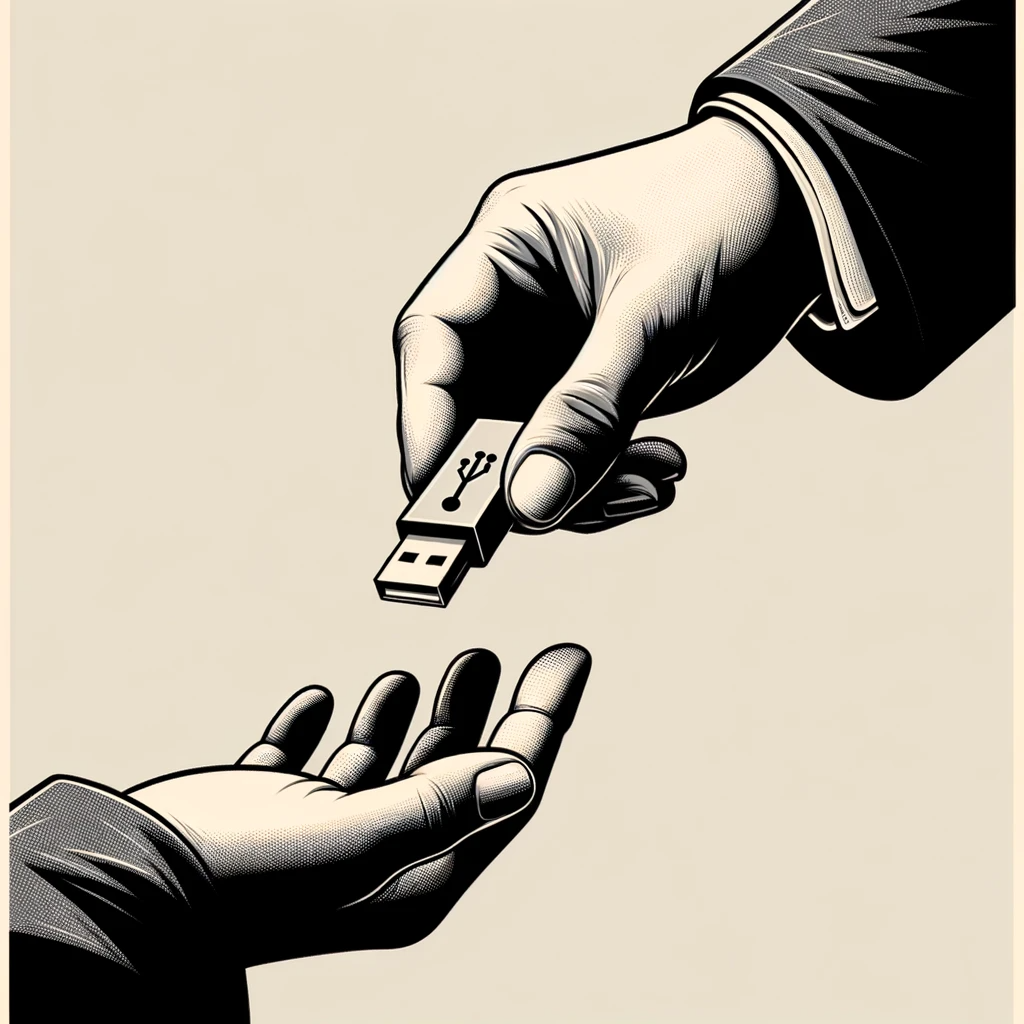Journalism awards for jobs done
"The reason so much of the news media sucks is they aren’t writing for you. They’re writing for their sources in Washington, for the industries they cover, for rich people, and for fancy awards committees." ... "I want to write for you."
– Ken Klippenstein a few days ago on why he resigned from The Intercept, and starting something new.
This month's note is about incentives that steer trends within the media industry.
April is the month that I usually spend some time reviewing award submissions. Reviewing submissions is always a bit of a roller coaster experience. One submission will inspire me with the authors’ determination and ingenuity; the next will bring on melancholy sadness: is this all about vanity?
However well intentioned, award reviewers (including myself) end up praising behavior that may be performative and ineffective. At worst, awards can solidify exploitative structures in which local researchers or freelancers do the work and correspondents get the credit.
Especially when reading international award submissions, it’s easy to discern which nominee has had the privilege of an American education or the backing of a big media organization and who has not. When an industry is as intangible as media, those advantages are easily amplified and further entrench privilege.
We risk praising platitudes and insufficiently looking at how these story gathering and storytelling projects involved and ultimately served their audiences or communities.
When I started out as a reporter, I looked up to award winners and how much the validation of my first awards meant to me. Awards can incentivize behavior and could drive change to make media less performative. Some already do this really well, e.g., the winners of the Knight Award for Public Service, the Gather Award for Community-Centered Journalism are always incredibly inspiring.
Can we be more intentional about what we praise? Can we reflect more on the service provided than the format? How was this piece of reporting useful? How many breaking news awards do we really need?
Here are some alternative award ideas:
#1: This reporting changed widespread understanding of an issue.
Changing minds can be much harder than covering an issue. It could be interesting to look at reporting that is compellingly convincing. The general assumption was A, this reporting showed that actually B is true and managed to change the public debate on this.
#2: This reporting improved public services.
The reporting highlighted a shortcoming in public services that was then addressed, and that remedy benefited the wider public.
#3: This reporting made data publicly available.
The reporting highlighted an opportunity to gather data that can advance public understanding and decision-making around an issue and led to it becoming publicly available over time. IRE and groups like Netzwerk Recherche are doing great work on this. Replicability and accessibility of data could be preconditions.
#4: Creative Commons contributions.
This reporting led to new audiovisual material being brought into the public domain that informed and inspired content creators at large and expanded the archive of future public history.
#5: (Civic) media product / market fit.
This group of journalists has identified a clear civic need in the market and created an offering that actually meets that need, e.g. best help in how to vote, how to navigate insurances, and other common challenges.
#6: Beat expertise.
Reporters with extensive beat knowledge uncover the best stories, but we hardly ever recognize and celebrate that long-term investment in knowledge per se.
Here's a proposed framing: This group of journalists has, over an extended period of time, built deep expertise on an issue that is vitally important to a community and brought new understanding to it.
Such awards would enable much more informed conversations around critical issues like healthcare, education, criminal justice, or environmental protection beyond the political tit-for-tat.
#7: Mentorship.
This journalist has a track record of inspiring, encouraging, and enabling others to shine, according to their mentees. (Finally, an award for copy editors.)
#8: Leadership.
This media manager has built or cultivated a kind and non-toxic organizational work environment that is driven by a shared purpose.
#9: Samizdat.
Beyond algorithmic amplification, community members have widely shared this reporting. Exiled media, although others too, could really benefit from the greater measurability of sharing. (Samizdat refers to the secret publication and distribution of banned literature in the Soviet Union.)
#10: Identity and Resilience.
This reporting helped people find solidarity and belonging, and in doing so, it helped them achieve greater resilience in weathering their challenges.
In a few conversations this month, I’ve heard colleagues say that enabling community members to articulate themselves among their peers is impact, however intangible.
#11: Fail Forward.
This group of journalists had great ambition, but things didn't work out as planned. They actively shared their learnings, improved on their work, and helped others avoid the same pitfalls. (Credit to Peter for inspiring this one.)
#12: Process Changes.
Greater division of labor in award juries, with roles like these:
- an exploratory role—someone who actively scours our fragmented media landscape for inspiring candidates who may not even think about submitting their work or lack the socialization or funding to stand out.
- an advocate role—someone who actively researches the candidates’ impact beyond the hype (esp. those not benefiting from industry socialization and solidarity cliques) and then advocates for the most impactful ones in front of juries.
